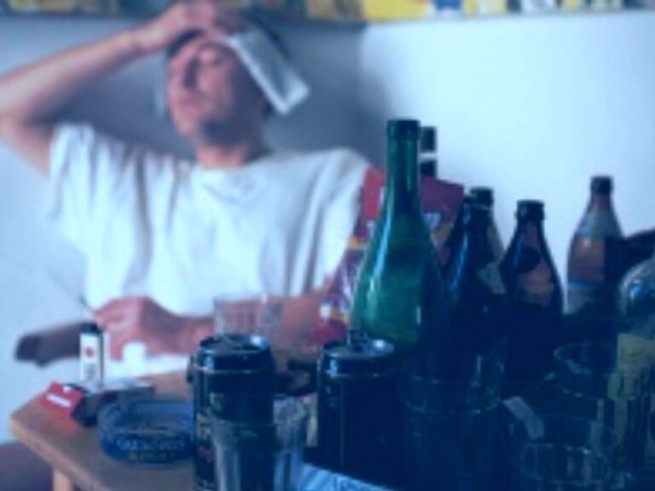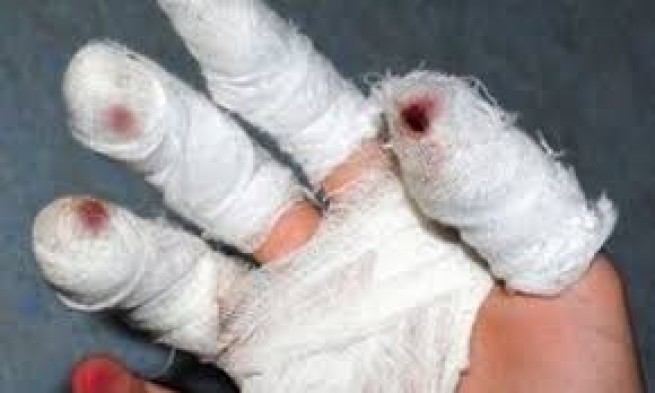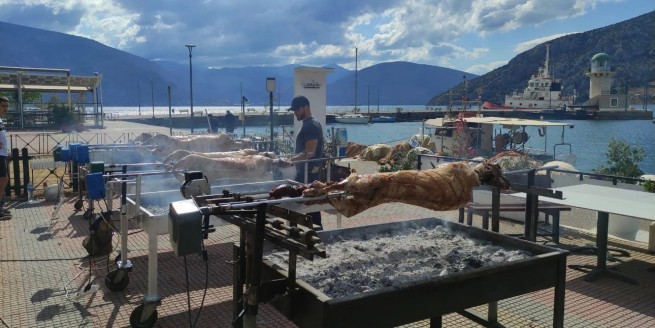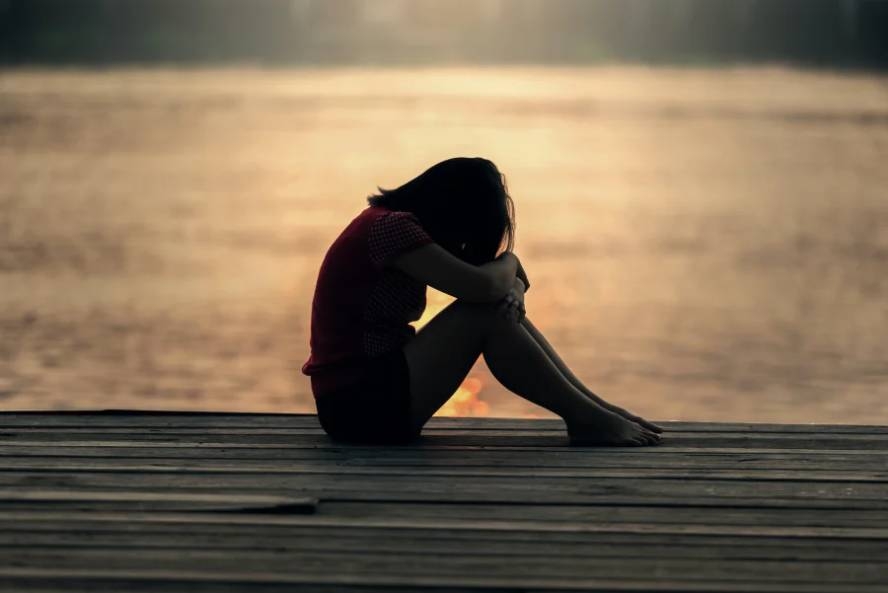Experts and authorities in Greece have argued for years that the key to dealing with cases of child abuse is the challenge of getting the public to speak, citizens who often, knowing about the crime, remain silent for a number of reasons.
Protection mechanisms exist, although they need to be improved. It becomes clear that the first step is to notify the competent authoritiesto activate the mechanism.
About a year ago, Prime Minister Kyriakos Mitsotakis announced a five-year national action plan to protect children from sexual abuse and exploitation at a special parliamentary event to mark the European Day for the Protection of Children from Sexual Exploitation and Abuse.
Mr. Mitsotakis spoke about the national priority and emphasized that its main condition is zero tolerance for child sexual abuse.
Speaking to APE-MPE, New Democracy MP and head of the National Action Plan Elena Rapti explains what the next steps are to improve child protection. The expert refers to the famous “underwear rule” (“Κανόνα του Εσωρούχου”), which all parents must observe and must explain to their children.
According to the Ministry of Labor, two important steps were taken by one of those involved in resolving the issue. Law 4837/2021 in Greece established a definition of child abuse which, unlike the past, includes not only physical, sexual and verbal, but also psychological and neglectful (negligent) attitude. In parallel with the same law, it was also established that the relevant data on those who committed this type of crime should be entered on the “conviction sheet” (λευκό ποινικό μητρώο).
Existing structures and processes
At the first stage, the social services of the municipalities are responsible. That is, if a complaint is received, the social service must send a social worker to investigate the situation on the spot in order to find out if the complaint is true and what exactly is happening. At the same time, a complaint can be filed with the child protection line 1107 or the police authorities, who will investigate. However, in any case, the social services of the municipality, if necessary, turn to the police, that is, if the information is really correct.
The competent services then check whether the child’s environment is suitable for his or her stay in this environment or whether it is necessary to isolate him. If it is determined that this is necessary, consideration is given to whether it is safe for the victim to remain with any other close relative.
If it is not possible for a child to stay in a family environment and after a thorough examination of the state of his health, depending on his age, gender, circumstances and characteristics of the case, for example, if there are already brothers and sisters in the host structure, since it is always preferable that brothers and sisters not were separated.
The telephone line “1107” operates around the clock free of charge, and you can call it free of charge
Children and adolescents who want to be aware of issues that concern or interest them, or need help due to psychological or social difficulties, or are victims of abuse, neglect, bullying, abandonment, etc., or victims of trafficking people, exploitation and illegal or criminal activities.
In addition, delinquent juveniles, runaway teens may also call the line, and their parents/guardians, siblings or relatives may contact the 1107 line for questions related to their role in the care of juveniles. Teachers can also call for questions about their students.
But this line of special social workers and psychologists provide urgent advice, psychological and social support to minors, inform them about issues that concern or interest them and, if necessary, connect them with the relevant specialized child protection services. At the same time, they provide urgent advice, psychological and social support to parents and inform them about the problems of education.
They also receive requests and reports about minors who are in danger, in crisis situations or involved in illegal actions, and cooperate with the competent authorities of the prosecutor’s office, justice, police and other services for the direct social protection of children and adolescents at risk and minors. offenders.
In addition, they work closely with juvenile protection groups and other government agencies at the regional and local levels to conduct social investigations, study the living conditions and identify the risks that threaten minors who have received requests, reports and orders from the prosecutor’s office, as well as to mobilize for local emergency social intervention mechanisms of the EKKA and other services to provide emergency social assistance to minors at risk.
Finally, they partner with public and private child protection agencies to respond immediately to urgent requests for social assistance and child protection and family support, and to provide information to professionals working with children and adolescents.
What is the “underwear rule” (“Κανόνας των Εσωρούχων”)
The Lingerie Rule was created to help parents and guardians start a conversation with their children and is a very effective tool in preventing sexual abuse.
“For parents, this is an easy way to explain to their children where the private parts of the body are located, which no one is allowed to touch without the consent of the child. It is necessary to explain that outsiders should not try to touch them in these places, and if this happens, how the children should react and where to turn for help.
But what does the “underwear rule” say? It’s simple: no one can touch (any type of touch) the child in those parts of his body that are usually covered by underwear. And accordingly, in turn, children are not allowed to touch someone else’s body in these places.
The rule is also useful because it helps explain to children that their bodies belong to them, the difference between a gift and a bribe, that there are good and bad secrets (which should be told to parents or specialists right away), and also that there are “normal” and “abnormal” caresses or touches (parental kiss, etc.)”, explains Ms. Rapti.
The underwear rule curriculum allows teachers to teach the tools of the One in Five campaign (Ένα στα Πέντε) to Kindergarten, 1st, 2nd, 3rd and 4th grade students.
At the same time, within the framework of seminars on developing the skills to protect children from sexual violence, you can teach children everything important, develop behavioral skills in them – simple rules of self-defense.







More Stories
Robot Sophia commented on her fall from the steps in Thessaloniki
Impressive "missile war" in Vrontado on Chios
Public transport traffic in Athens on Easter weekend